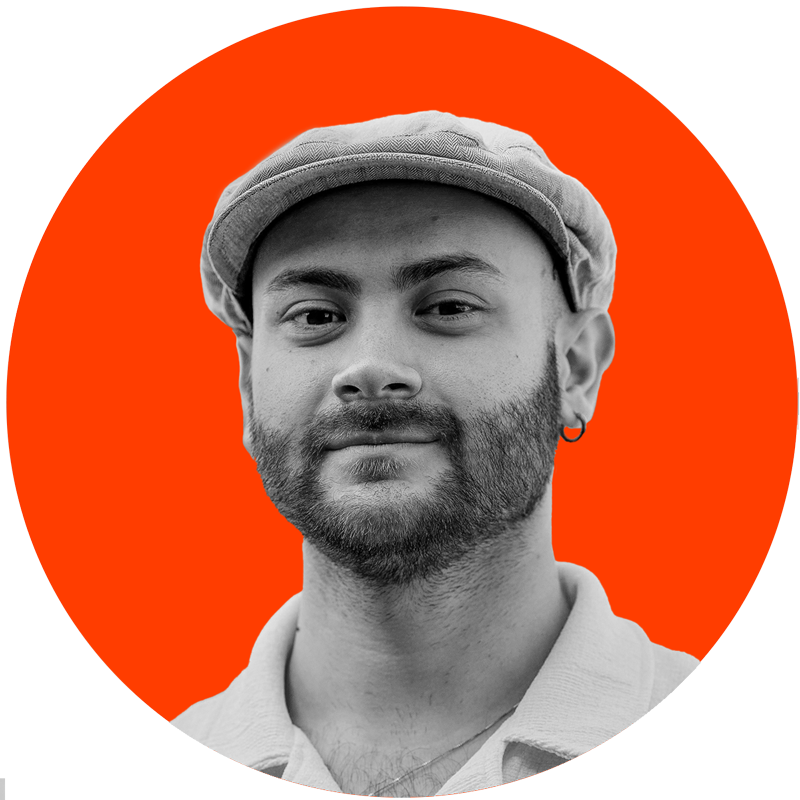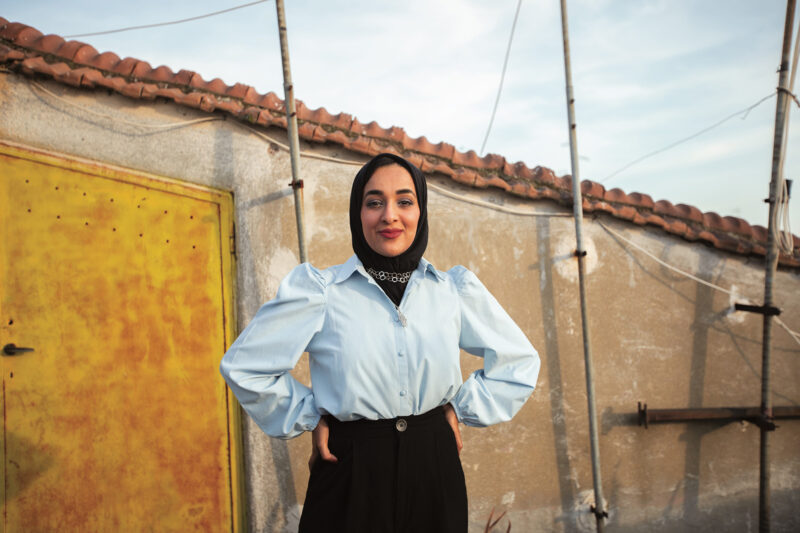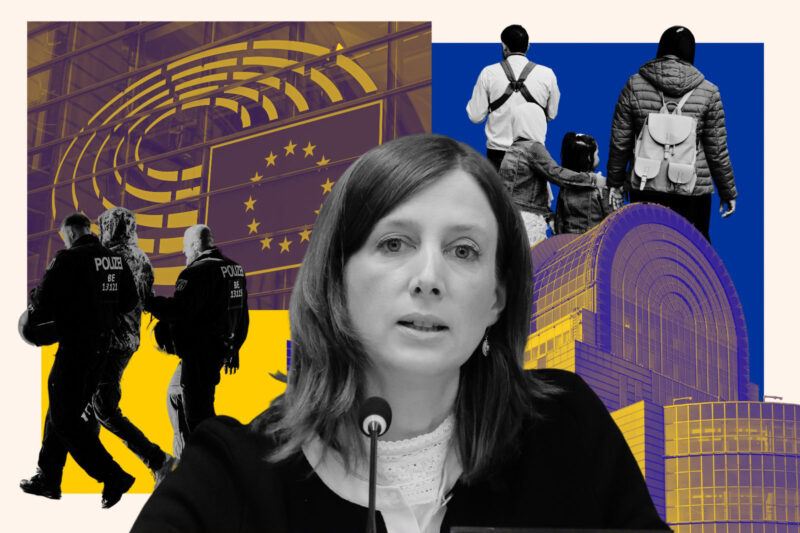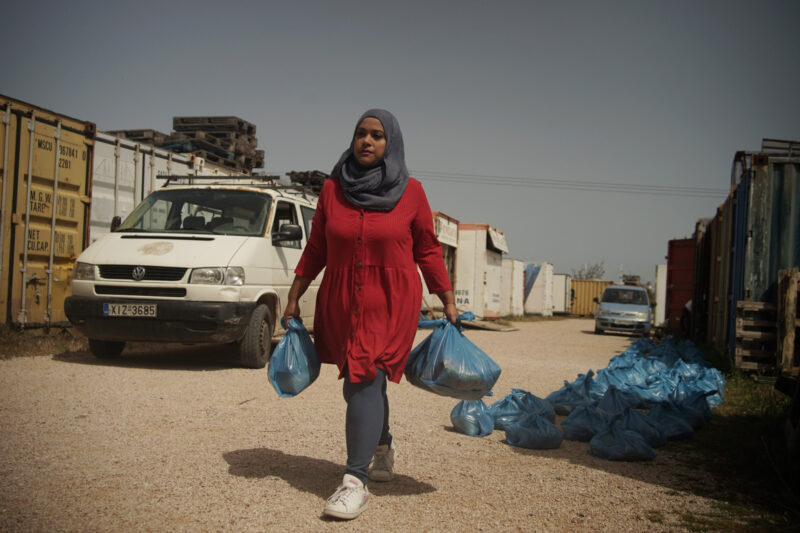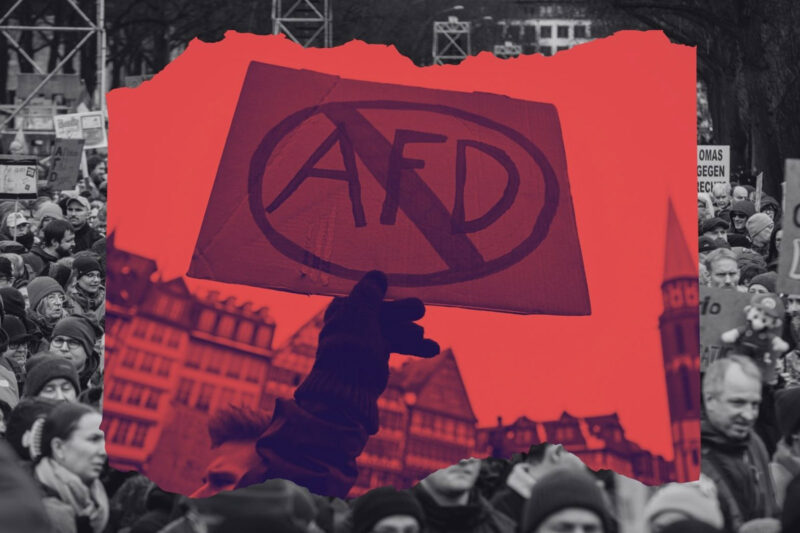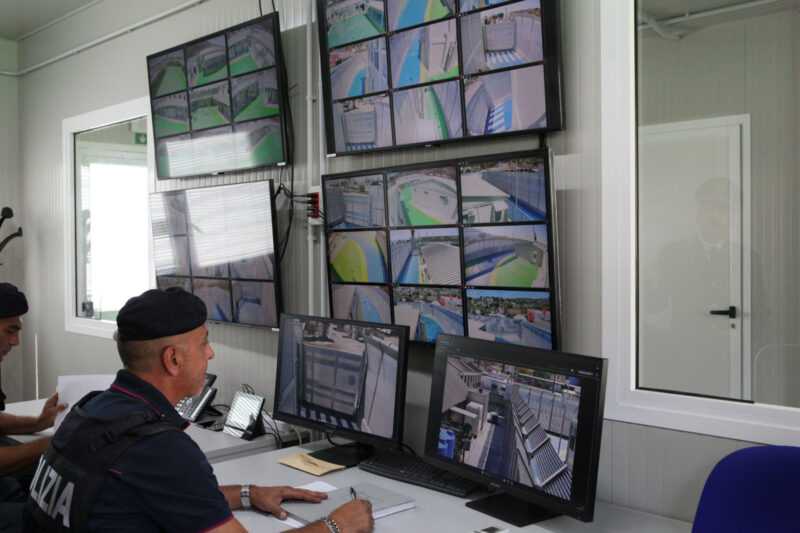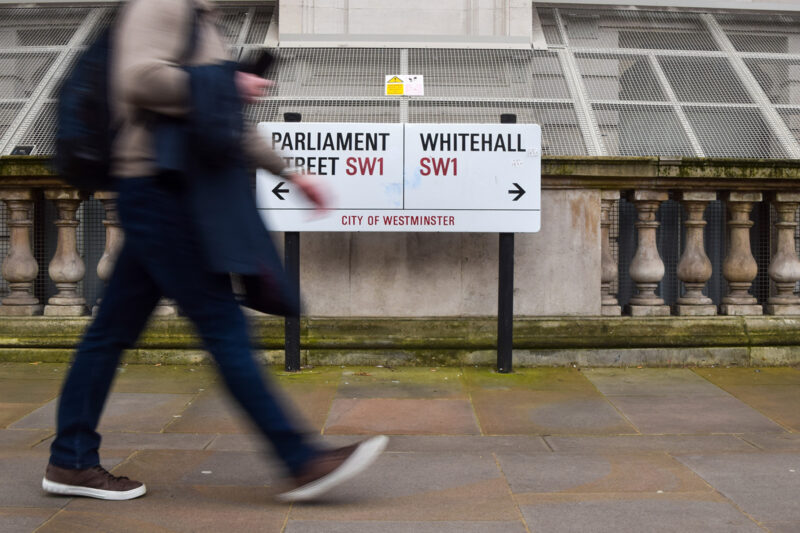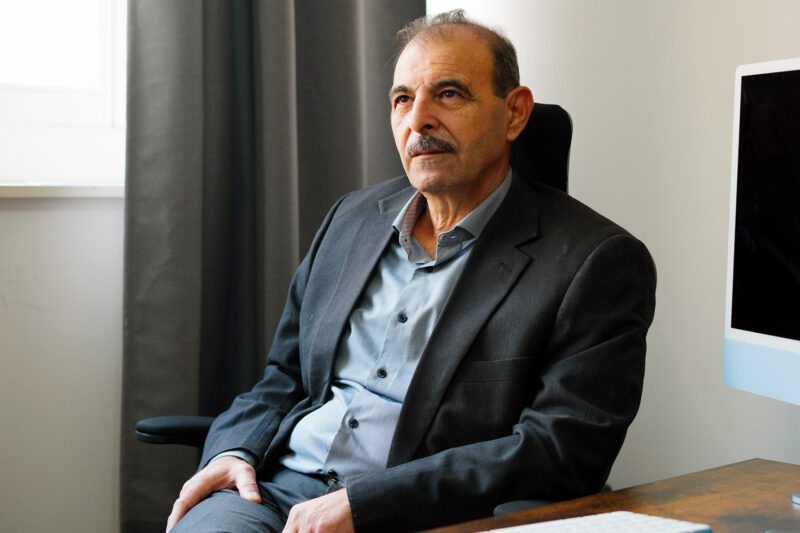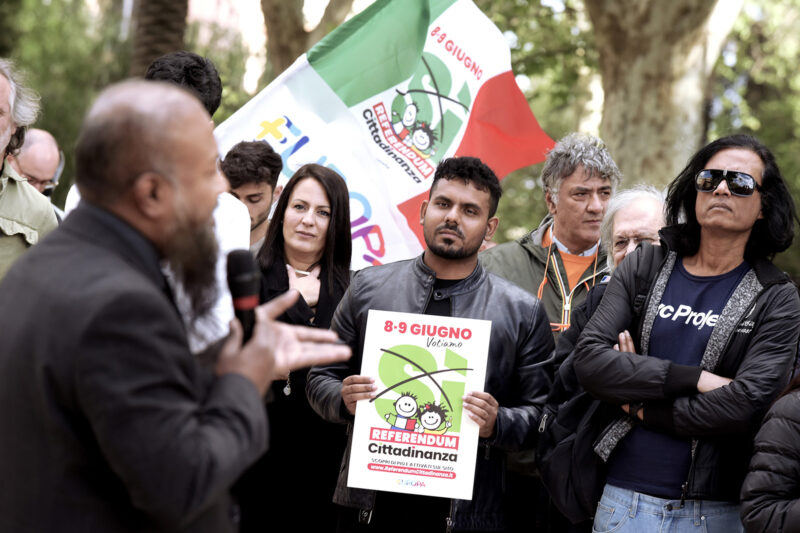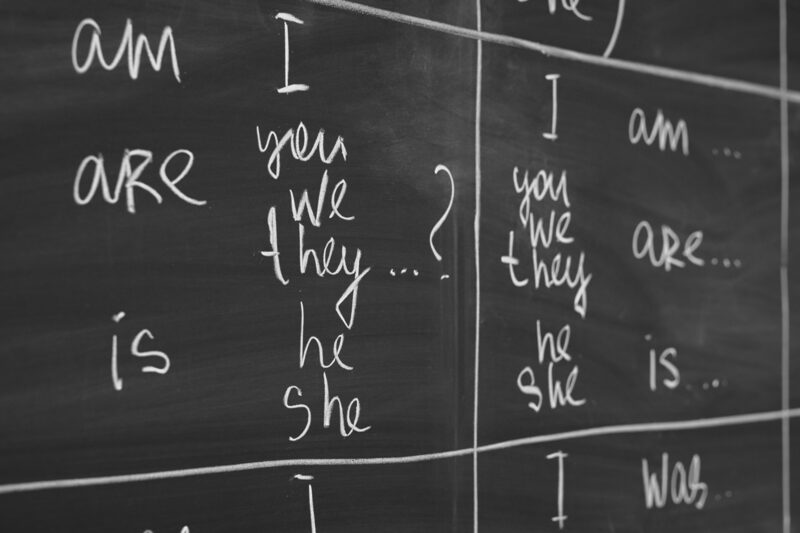On board Life Support, an NGO ship fighting to save migrants in the Mediterranean
Thousands of lives are lost here every year, and NGOs say the situation has worsened since Italy passed legislation that makes rescues more difficult
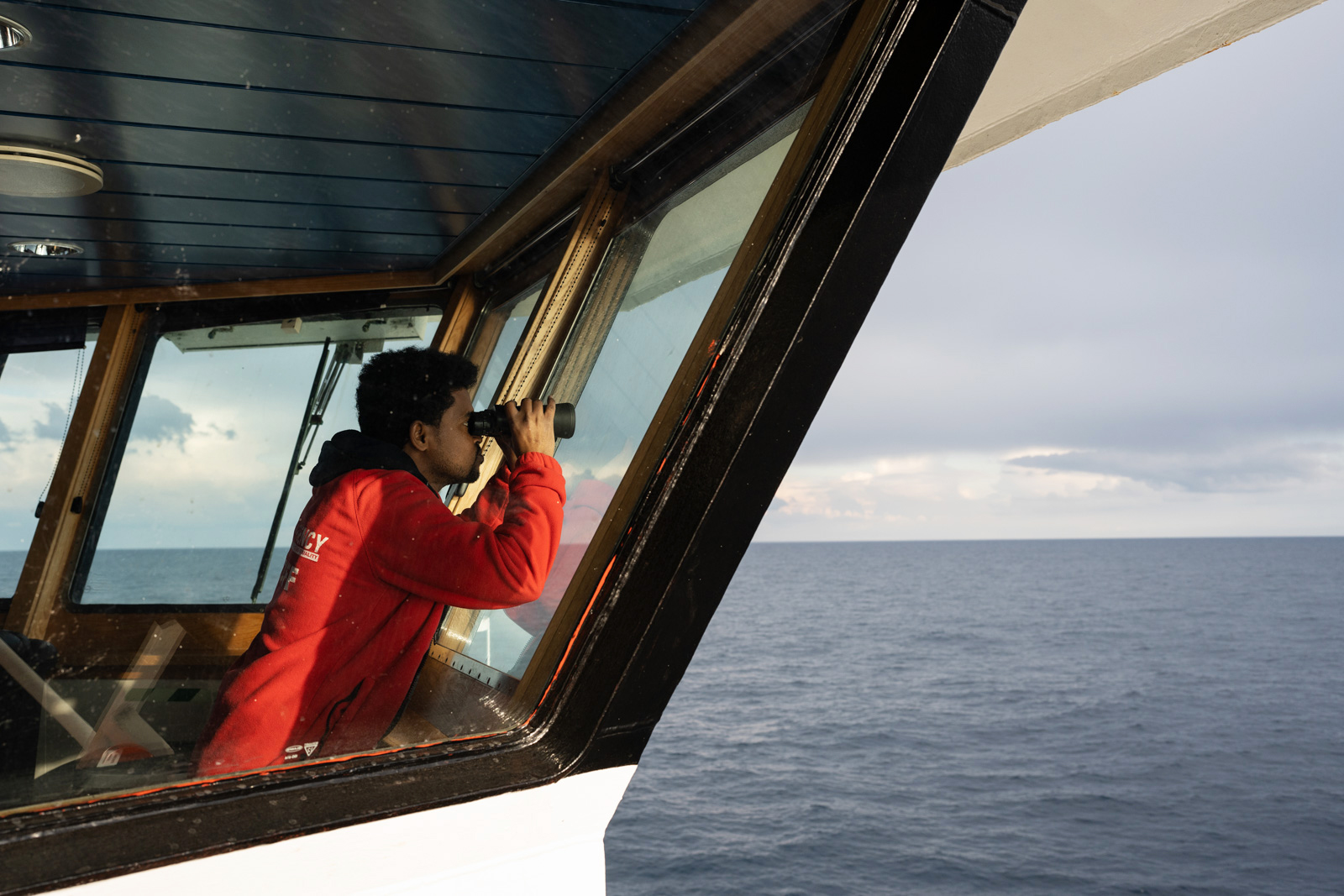
It first appeared as a dot on the horizon. Slowly, the shape of a small wooden boat became clear against the vastness of the Mediterranean. The crew on Life Support — a rescue ship with Italian NGO Emergency — quickly but calmly put on their life jackets and readied their speedboat for deployment. As it came closer still, passengers on the tiny boat waved their arms, making sure they had been spotted. The Emergency team’s radios crackled and its speedboat made its way towards them.
Within minutes, the first group of 15 young men were sitting safely on board Life Support in bright orange life jackets, disoriented, seasick and exhausted but, crucially, alive. On the morning of March 11 2024, a total of 52 people were rescued from their small wooden boat, which had set sail from Zwara in Libya, aiming for Europe in general, Italy ideally. Among them were 50 adult men, one unaccompanied minor and one woman. Most were from Bangladesh, Syria and Pakistan, and they had each paid traffickers around €8,000 to make the journey.
Mohannad and Badr, Syrian men in their mid-twenties, sat next to each other, wrapped in brown pile blankets, dazed but exchanging smiles. When they saw the rescue boat in the distance, Mohannad said, they felt profound relief. “I thought, we are safe! After all of that, finally we can relax.”
Another rescued passenger, Mohammed, 31, chatted happily with the Emergency team, wanting to shake each of their hands. He had been held by his traffickers in Libya and tortured for months until his family could raise the ransom for his release. As soon as he was released, he said, he was determined to reach Europe to work and send money to his wife and children back in Bangladesh. “How can I give them food now? They suffered so much after I took this risk. That’s why I came [on the boat].”
Sara, a nurse aboard Life Support, was relieved everyone was now safe. “Once they are aboard you think, ‘Finally, they’ve been saved. Thank God we saw them and were able to save them.’” Every year, thousands are not so lucky.
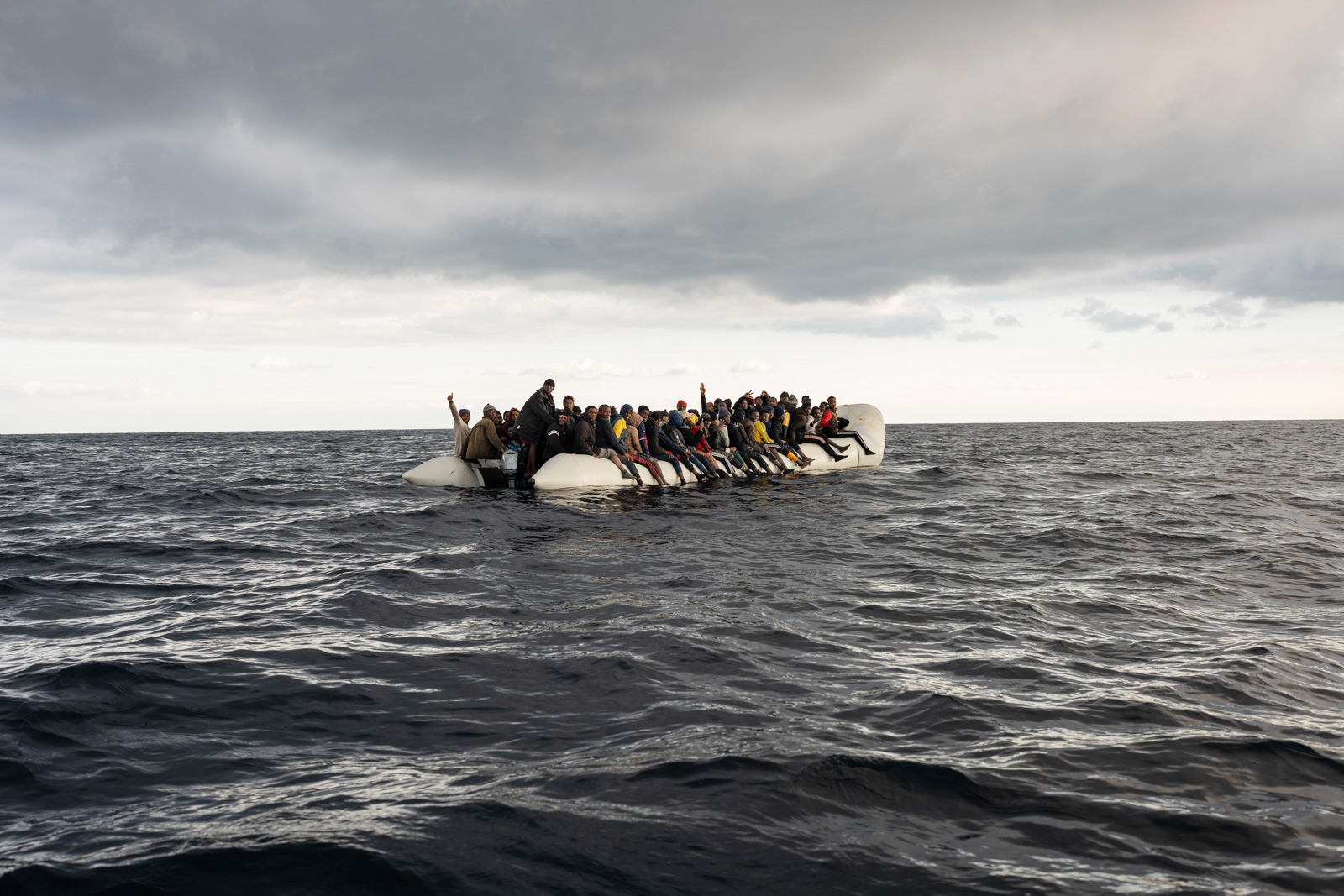
Migration through the Mediterranean Sea is not a new phenomenon but between 2014 and 2016, as conflicts raged in Syria, Iraq, Libya, Afghanistan and Eritrea, there was an extraordinary increase in irregular crossings. At the height of what became known as the migrant crisis in 2015, more than a million people made the treacherous journey, of whom more than 3,000 were reported dead or missing. Now, the numbers are rising again. Last year was the deadliest year for migrants crossing the Central Mediterranean since 2017. According to the Missing Migrants Project — an offshoot of the UN’s International Organization for Migration — of the nearly 220,000 people who were known to have attempted to cross, 2,476 were reported dead or missing.
Under the terms of the International Convention on Maritime Search and Rescue, it’s the responsibility of the nearest coastal state to rescue vessels in danger at sea. However, after the spring of 2015, when 1,200 migrants died in back-to-back migrant shipwrecks, NGOs have been taking a significant role in assisting coastguards in their rescue efforts. Now, 16 NGOs with 17 ships and three aircraft known as the Civil Fleet patrol the Mediterranean.
Over the past 10 years, Italy has received more irregular sea arrivals than any other European country. Early in the crisis, when a series of centre and centre-left governments were in power, Italy launched a combined humanitarian and military operation — Mare Nostrum — to tackle the growing humanitarian emergency (replaced by the EU-organised Operation Triton in 2016). Since 2017, as Italian domestic politics has shifted ever further to the right, however, its policies have changed from actively saving people to preventing their arrival.
Since the election of anti-immigrant prime minister Giorgia Meloni in 2022, the government has taken steps to limit migrant arrivals through legislative decrees. The most controversial, the Piantedosi decree, restricts NGOs’ ability to conduct rescue missions by preventing their ships from performing more than one rescue per trip, and allowing for the detention of vessels that do not cooperate with the Libyan Coast Guard (which has been filmed shooting at migrant boats and in the water around rescue ships).
Francesca Bocchini, Emergency’s spokesperson, explains that the terms of the decree are vague and dangerously open to interpretation. Since the law’s introduction in March 2023, 16 NGO search-and-rescue vessels have been held under administrative detention for having violated the Piantedosi decree. Detentions can last from 20 days to several months and NGOs have been fined anything from €3,000 to €10,000 (£2,500 to £8,500).
Summer is now fast approaching. Calmer weather usually brings a surge in sea crossings, and Emergency staff are anxious to see how these new laws will affect their ability to save lives. “I think they just don’t want us to be there because they don’t want us to see what happens,” Bocchini said. “You have witnesses, you have evidence of human rights violations and of what happens. They just want to get rid of eyes that are uncomfortable for them.
“The [migrants] are the ones paying the most in terms of suffering, violence and injustice.”
The job of the NGO rescue vessels becomes even more complicated in international waters where national search-and-rescue zones overlap. Italy, Malta, Tunisia and Libya all have coasts in the central Mediterranean and all have very different laws around migration. For civil vessels, navigating this legal tangle can prove impossible.
On 9 March, Life Support attempted to rescue 40 migrants that had been spotted by Frontex — Europe’s border patrol agency — stranded in Maltese waters close to Tunisia. The migrants had abandoned their broken rubber dinghy and were trapped on a concrete slab at the bottom of a Tunisian state-owned oil platform just a couple of metres above the sea. Life Support answered the Frontex alert. It requested permission from the oil platform — MISKAR — to carry out the rescue mission, which it granted. When Life Support’s speedboats approached, however, this permission was retracted.
The platform asked Life Support to transfer the 40 people, including at least two young children, to a nearby Tunisian navy vessel. Life Support rejected this request as it does not consider Tunisia a safe country for migrants. From this point, the NGO boat was unable to raise any further communication from the oil platform, the Frontex plane or the Tunisian, Maltese or Italian authorities. Its crew watched in frustration as a Tunisian naval vessel briefly approached the platform but quickly left. Emergency has still not received any word if the 40 people stuck on the platform were rescued. Entreprise Tunisienne d’Activités Pétrolières, ETAP, the owner of the MISKAR oil platform, did not respond to Hyphen’s requests for information on their condition or whereabouts.
Badr Blel Rhazi, 41, works on Life Support as a cultural liaison between migrants and crew. He was on the speedboat closest to the oil platform, ready to conduct the rescue operation when it was called off. “It was so cold and the wind was really strong,” he said. “But we saw those people. We could have helped them. Now we are left with the image of them made to stand there, suffering.”
Emergency staff know all too well that being rescued is no guarantee of an end to difficulty. As with anyone picked up by an NGO boat assigned to dock in an Italian port, the 52 people saved by Life Support on 11 March can expect to be handed over to the Italian authorities and taken to a migration “hotspot” to undergo health screenings and identification checks and to launch their asylum claims. They will then be taken to a reception centre to wait for the result of their claims. If approved, they will be funnelled into the reception and integration system, and provided with housing and legal assistance. If their claim is declined, they will be transferred into a temporary detention centre to await repatriation — facilities plagued by reports of contaminated food, bathrooms without plumbing and multiple suicides. In 2023, Italy received 41,415 requests for asylum, nearly half of which were denied.
As Life Support pulled into the port of Catania, Sicily, on the evening of 12 March, Mohannad and Badr prepared to disembark, excited for their future in Italy. They hadn’t heard the reports of terrible conditions in detention facilities or about the high numbers of migrants being sent back. “What we know about Italians is that they are nice people and that there is a good reputation of hospitality in Italy so, God willing, everything will be OK,” Mohannad said.
Life Support is scheduled to set out at least two to three times during the spring and summer months to patrol the central Mediterranean for more migrant ships in distress. It’s difficult for NGOs to predict migrant crossings but with the ongoing war on Gaza and fears of conflict spilling into the region, it’s possible that this summer could see another rise in people fleeing across the Mediterranean. Even in this climate, and despite mounting obstacles to their efforts, Sara, the Life Support nurse, is still hopeful. “I always hope that all of the people we rescue will have the chance to live a better life once they reach land. That’s exactly what I hope for the next mission as well.”
 Newsletter
Newsletter

